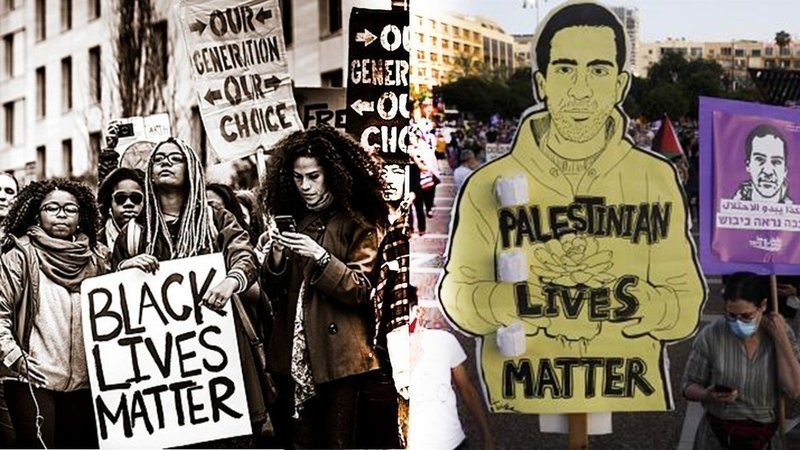The death of a black American man, George Floyd, on May 25, 2020, due to the action of a white policeman — who kept his knee on Floyd’s neck, preventing him from breathing to the point of death — has generated a worldwide wave of condemnation against the abhorrent incidents of racism that have escalated at an accelerated rate in the United States of America in recent years.
The latest appalling incident has led to a broad movement against the injustices, discrimination and exclusion that black societies suffer, in the US and across the world. This was not an isolated, exceptional, incident, it, rather, reflects a growing trend in the US and other countries, a trend that sets back the gains achieved so far in the human struggle for equality, justice and fairness.
It has been evident that Western democracies are witnessing the emergence of dangerous tendencies that espouse racist rhetoric and policies of discrimination and exclusion in the name of national identity, for security considerations or sovereign rights. Most prominent among these trends are anti-liberal populist tendencies that oppose pluralistic democracy and run counter to the universal human rights code, and that are often a characteristic of governing parties, white supremacy trends that are increasingly influential in the political arena, and refusal to accept cultural and religious diversity in the name of closed ethnic identity. All these undermine the principle of equal citizenship and often lead to dealing with large groups of citizens as invading immigrants threatening the unity and homogeneity of the fabric of the society.
Such beliefs largely lead to increasingly racist practices that adopt a discriminatory, stratified attitude vis-à-vis peoples and cultures. It is the attitude that formed characterized the colonial powers’ discourse when they adopted racial and ethnic concepts and held the vision of a closed national identity in the nineteenth century.
But if black people in the world were the target of this discriminatory, exclusionary practice through repressive institutional systems, the most prominent of which was the apartheid system of South Africa until the beginning of the 1990s, the new century began with clear and growing attempts to implement this racist system in Palestine.
One of the most prominent indicators of this trend is the Israeli Basic Law, issued in July 2018, which determines that Israel is state for the Jewish people, thus abolishing the principle of equal citizenship and excluding one-fifth of the country’s population from the state’s political identity. Moreover, Israel follows a policy of annexation of the Jewish settlements in the West Bank, with the support of the US administration, and of clear apartheid in the occupied territories, which means, in practice, the abolition of the principle of an independent Palestinian state and the establishment of closed ghettos, separated from each other, in the territories that Israel captured after the 1967 war.
In the face of the many attempts to strengthen Israeli racist legislation that wishes to stifle criticism of Israel, and of its discriminatory Zionist policies which qualify as anti-Semitic any attempt at criticizing it, which is often the case in some Western countries, we join hundreds of Jewish researchers, writers and thinkers, including an important number of Israelis and specialists in the Holocaust, in denouncing these measures aimed at forbidding the legal struggle against colonialism and racial discrimination. We also wish to make clear that the Zionist ideology does not represent the religious identity of the Jews, and that the rabbinic institution has historically stood against it as it departs from the doctrine that prohibits the return to the Holy Land before the emergence of the Savior Christ. As well as enlightened Jewish and Israeli movements who stand firm against Israel exclusionary nationalist discourse.
Today, we ask the global civil society to resort to its intellectual and moral conscience and categorically reject racist rhetoric and practices, and to show solidarity with all victims of colonialism and discrimination, in line with universal human values that are the overarching reference for humanity in its diversity and common destiny.


